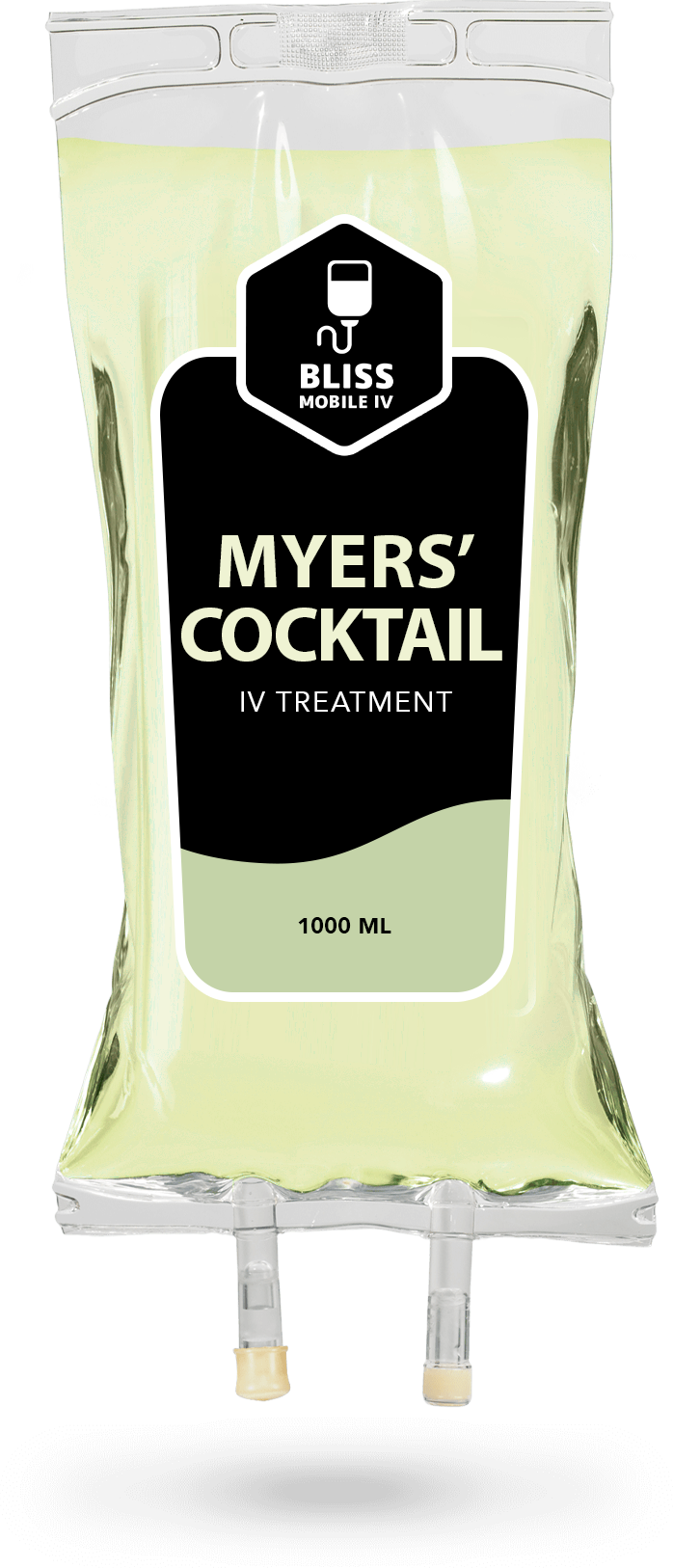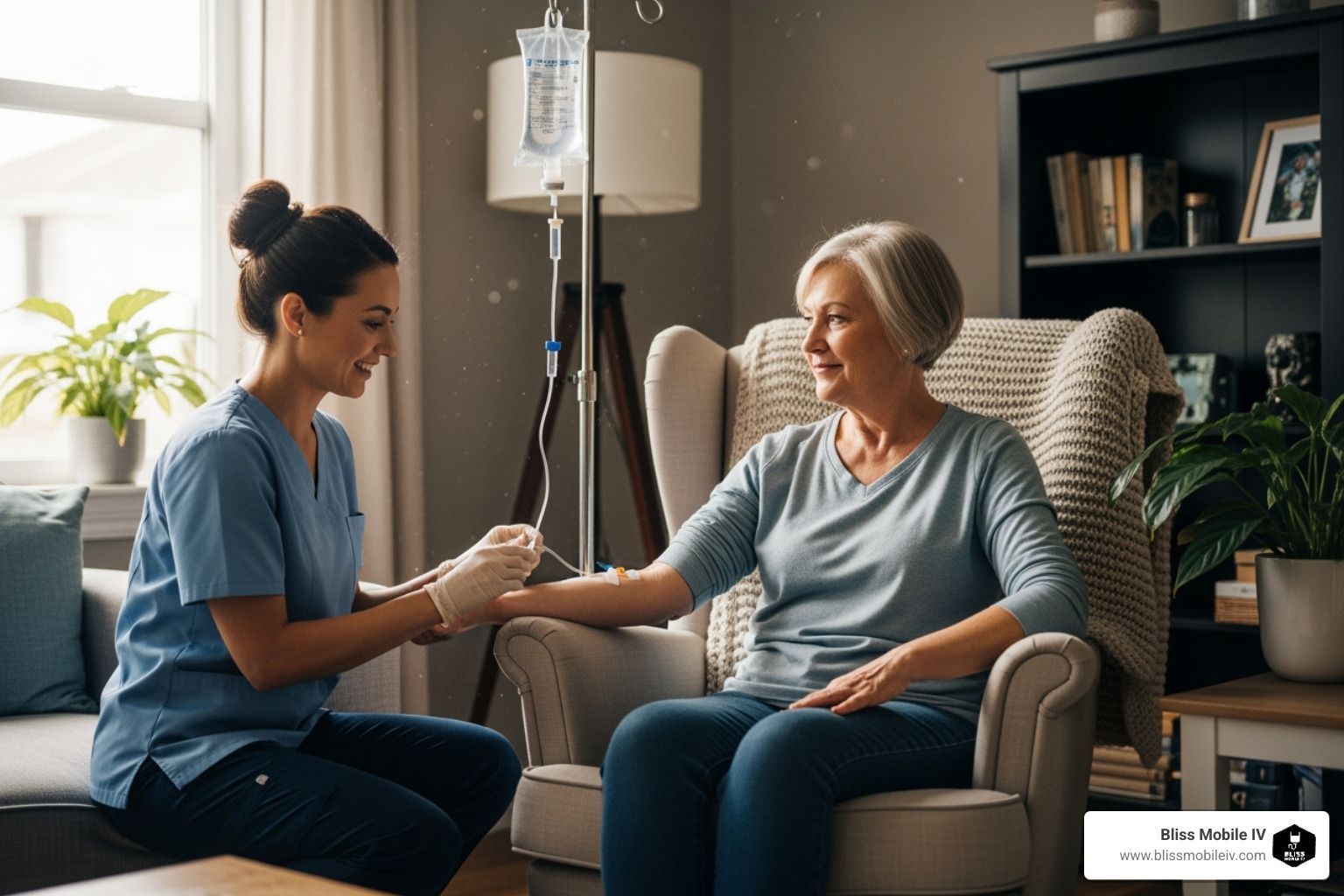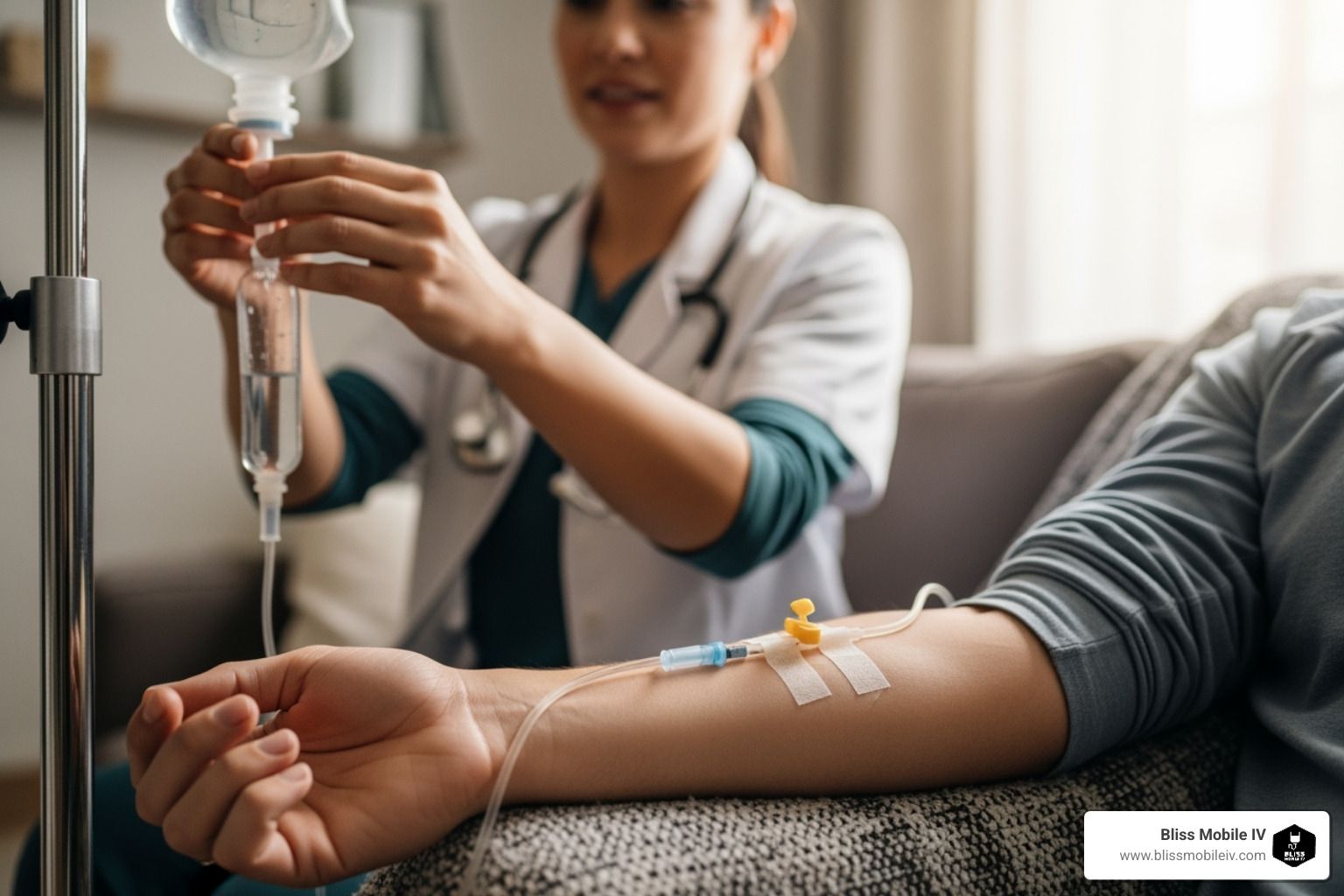Does IV Therapy Work? What Clinical Studies Reveal About Effectiveness
In an age where wellness trends spread faster than ever, have you ever wondered about the efficacy of intravenous treatments? You might have seen celebrities and influencers championing these procedures on social media, but do they really offer the health benefits they promise?
Intravenous (IV) therapy has gained popularity as a quick fix for everything from dehydration and hangovers to delivering essential vitamins and minerals. While the idea of bypassing the digestive system to get nutrients into your bloodstream directly sounds appealing, it's vital to ponder whether these claims hold up under scientific scrutiny. As more clinics pop up offering this trendy treatment, understanding its true potential becomes essential.
This article dives into the world of IV vitamin therapy, examining what clinical studies and expert opinions reveal about its effectiveness. Through an objective lens, we'll explore whether this wellness craze is backed by science or if it's merely a placebo effect glamorized by flashy marketing. Get ready to uncover the reality behind these intravenous treatments and make an informed decision about whether they're worth your time and money.
Understanding Intravenous Treatments: What Are They?
Intravenous procedures involve delivering fluids, electrolytes, vitamins, and medications directly into the bloodstream through a vein using a catheter or needle. IV lines are carefully inserted to ensure safe delivery of these substances. This method allows nutrients to bypass the digestive system, providing immediate and direct benefits to the body. Traditionally, these treatments have been reserved for medical settings, used to quickly rehydrate patients, administer nutrients to those unable to eat, or deliver medications efficiently.
In recent years, however, vitamin IV therapies have moved beyond hospitals and into wellness clinics. Here, they're marketed as a cure-all for fatigue, immune support, beauty enhancement, and even as an anti-aging treatment. But can these claims stand up in a scientific setting?
The Science Behind Intravenous Vitamin Treatment
Evidence Supporting Medical Applications
There is scientific evidence supporting the use of these treatments in certain medical conditions. For example, they remain a crucial intervention for patients with severe dehydration, electrolyte imbalances, or nutrient deficiencies due to medical conditions or surgeries. In these cases, IV treatment can be life-saving and is widely accepted within the medical community.
However, the use of vitamin therapy extends beyond these critical scenarios and into the wellness industry, where it is touted for its potential benefits in boosting energy, enhancing immunity, and improving overall well-being. This emergence has sparked debate over the effectiveness of these treatments in non-medical or elective situations.
Vitamin IV Therapies in the Wellness Industry
In recent years, IV hydration bars and clinics have popped up across the globe, promising various health benefits, including hangover relief, increased energy levels, and better skin health. These establishments often offer customizable "cocktails" consisting of vitamin C, B vitamins, minerals, amino acids, glutathione, magnesium, and other nutrients delivered directly into the bloodstream through IV lines.
The Claims
Proponents argue that vitamin treatment allows for 100% absorption of essential nutrients, bypassing the digestive system, and providing quicker results compared to oral supplements. They claim this delivery method can help correct deficiencies, provide optimal hydration to the body, reduce inflammation, support patients with fibromyalgia, combat fatigue, and even promote detoxification. Celebrity endorsements and social media influencers have further amplified these claims, making these treatments increasingly popular despite varying costs and prices.
The Evidence
While the concept sounds promising, scientific evidence supporting these broader claims is limited. Research on the effectiveness of vitamin therapy for general wellness is still in its infancy, as noted by Harvard Health Publishing and other medical authorities in Staying Healthy publications. Most studies focus on specific illnesses rather than elective use. For example, while vitamin C infusions are commonly used in wellness clinics, rigorous proof supporting their effectiveness for overall health and wellness enhancement is lacking. The majority of evidence backing vitamin C infusions pertains to its use in medical settings, such as for patients with severe infections or certain types of cancer, where it is administered as part of a comprehensive treatment plan.
Many experts question whether these treatments represent genuine health improvements or are simply an expensive fad. The placebo effect may play a significant role in the perceived benefits that people report after receiving these treatments.
Effectiveness and Safety Considerations
While many individuals report feeling rejuvenated and energized following vitamin IV therapies, it's important to highlight several safety considerations and potential risk factors. At Bliss Mobile IV, all treatments use premium ingredients and are performed by licensed professionals, minimizing risks. However, patients with certain health conditions, such as severe kidney disease or congestive heart failure, should avoid these treatments without consulting a healthcare provider.
Potential complications can include superficial thrombophlebitis, infection at the injection site, and adverse reactions to high doses of certain vitamins or minerals. The FDA has raised concerns about unregulated wellness clinics that may not follow proper medical protocols. Some people may experience discomfort for days or even a week after treatment, and visible marks or stripes may appear at the injection site. In rare cases, improper administration could lead to life-threatening adverse effects.
Intravenous Treatment at Bliss Mobile IV
Bliss Mobile IV, founded by licensed healthcare professional Eric Lofthouse, offers tailored vitamin treatment services across various Utah locations. Their procedures are administered by trained professionals using sterile IV lines and proper medical protocols, ensuring safety and effectiveness. With packages like the Immunity Drip and Myers cocktail, clients have options that cater specifically to their needs. The Myers cocktail, a popular blend of vitamins and minerals, is designed to support overall wellness and address various health concerns, though some experts warn against over-hyping Myers' cocktail benefits without proper scientific validation.
Personal Experiences
Personal narratives frequently emphasize the immediate effects of these vitamin therapies. Clients often note an improvement in energy levels, better hydration, a reduction in nausea, and an overall feeling of wellness. However, experiences can vary significantly among people, and it's important to consult with medical professionals to determine if this treatment aligns with your health needs and justify the associated costs.
Final Thoughts: Do These Treatments Work?
In summary, IV therapy can be an effective solution for quick rehydration, nutrient replenishment, and symptom relief in medical settings. While vitamin IV therapies are generally regarded as safe when administered properly, it is crucial to ensure treatments are conducted by qualified medical professionals like those at Bliss Mobile IV. Whether you're seeking relief from a hangover, support through cold and flu season, or a boost in athletic recovery, these treatments offer promising benefits backed by scientific reasoning and practical outcomes. However, people should carefully weigh the evidence, effectiveness claims, and financial investment before pursuing elective vitamin therapy. Research from institutions like the University of Colorado School of Medicine continues to investigate the optimal applications and safety protocols for these treatments. As always, consult with your healthcare provider to understand what's best for your individual health needs and medical conditions.









